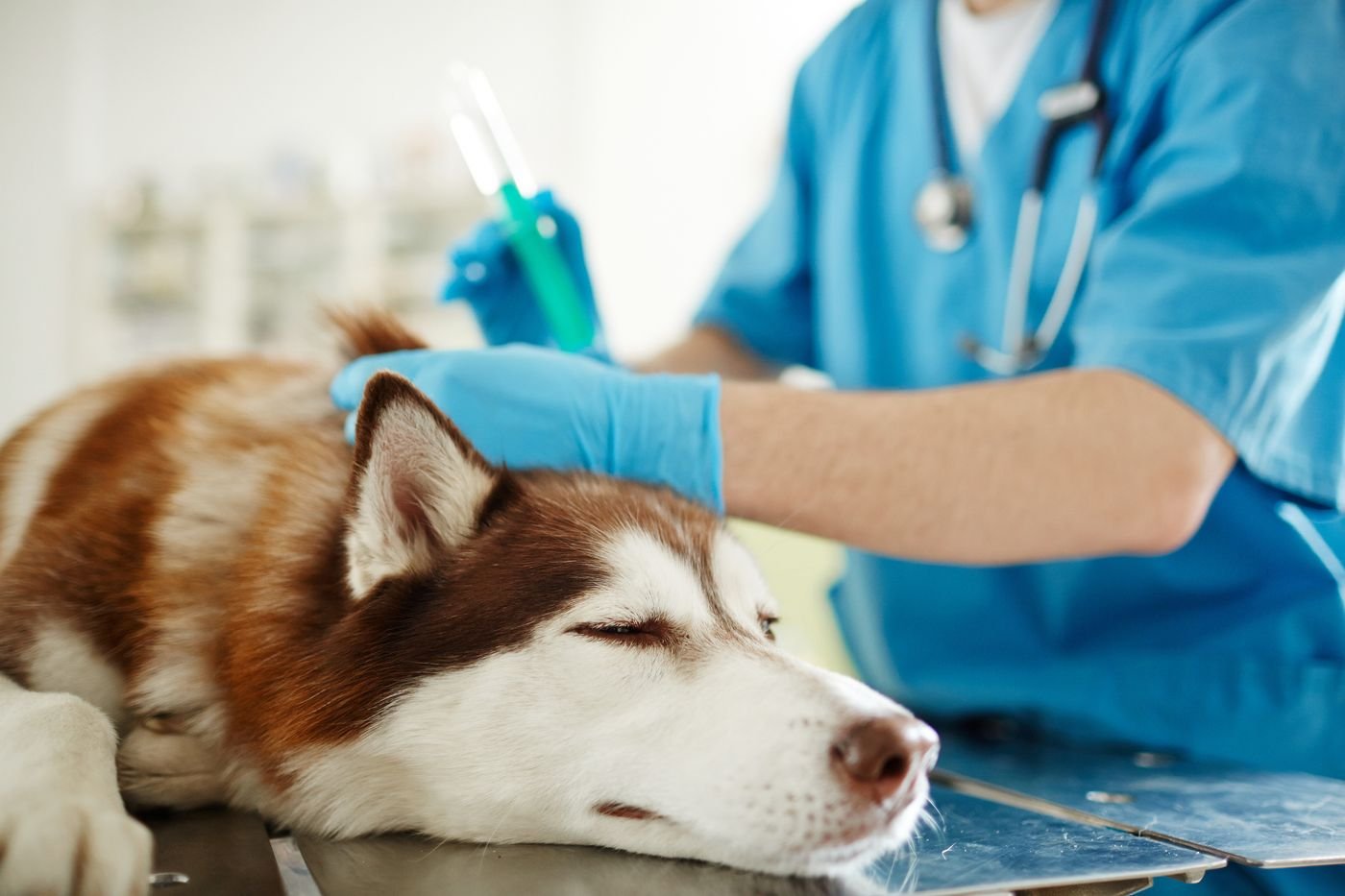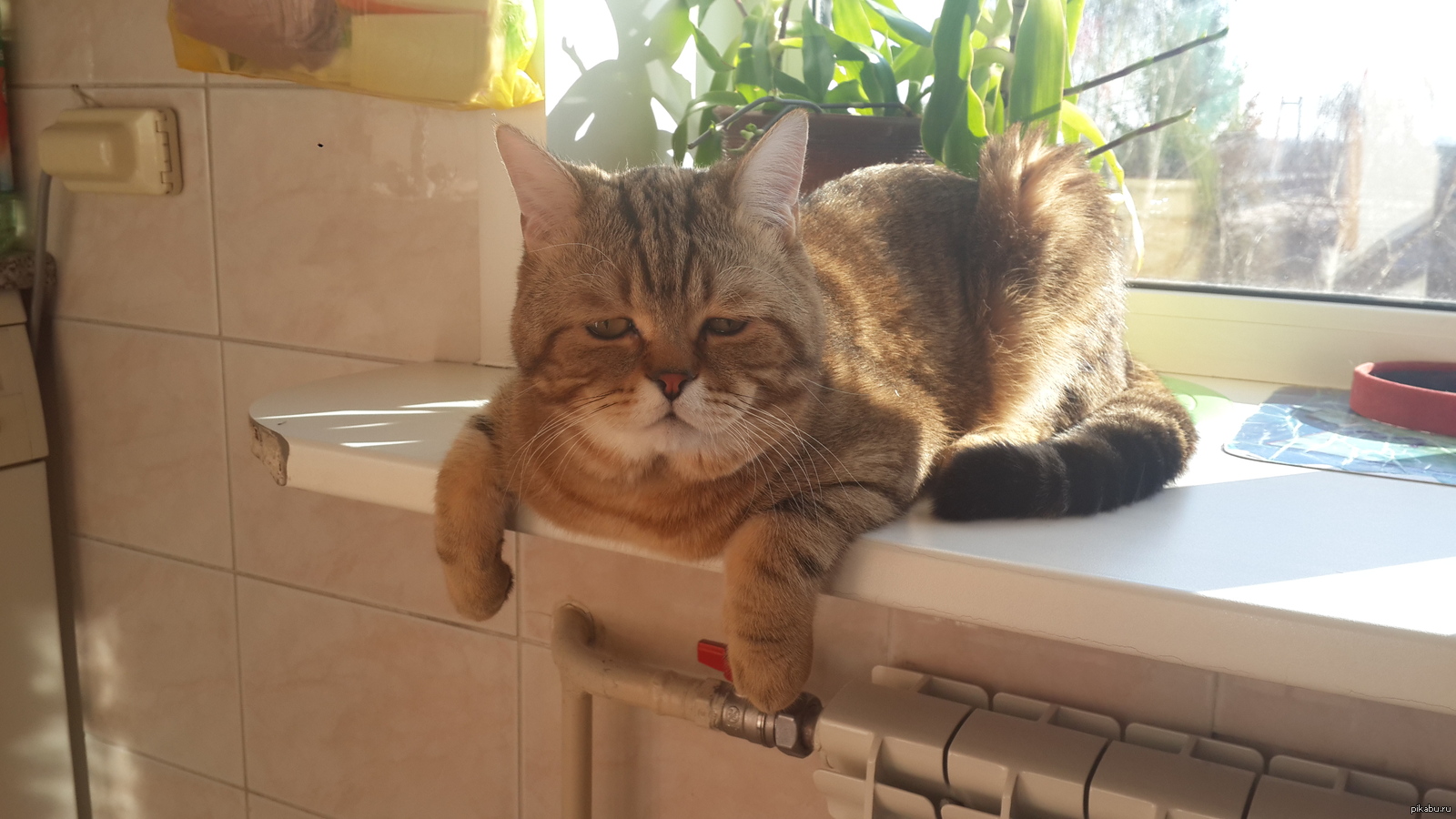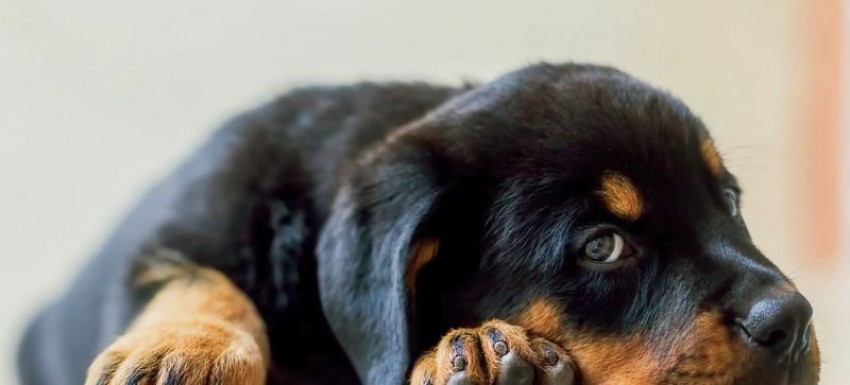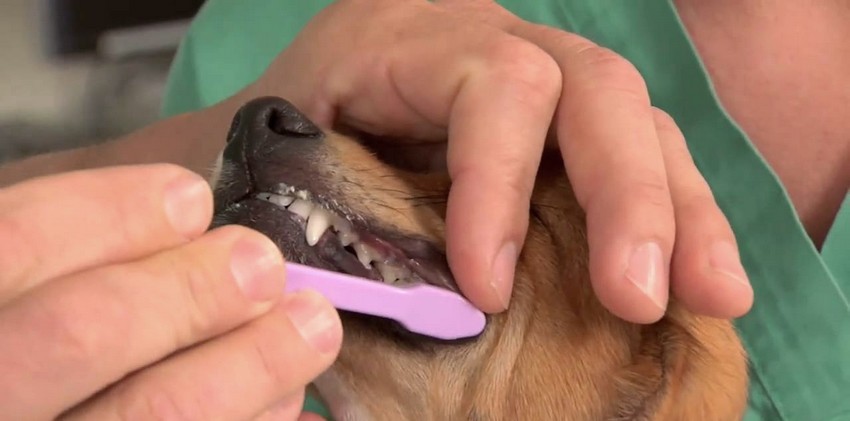Veterinary dentist for dogs
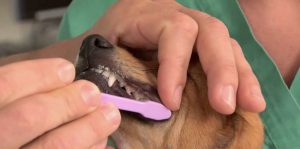 You take care of your teeth, brush them every time after eating, killing harmful bacteria. You regularly visit the dentist. But do you pay attention to the health of your dog’s or cat’s teeth? Pets as well as we suffer from diseases of the oral cavity, which arise as a result of neglecting the care of teeth. Do you regularly brush your pet’s teeth and regularly visit with it the veterinarian-dentist?
You take care of your teeth, brush them every time after eating, killing harmful bacteria. You regularly visit the dentist. But do you pay attention to the health of your dog’s or cat’s teeth? Pets as well as we suffer from diseases of the oral cavity, which arise as a result of neglecting the care of teeth. Do you regularly brush your pet’s teeth and regularly visit with it the veterinarian-dentist?
What you need to know:
How often do you need to visit a veterinary dentist to examine your pet’s oral cavity?
An annual examination by a veterinary dentist is recommended to detect diseases of the teeth and gums of the animal at an early stage and prevent them.
What will the veterinarian check during a dental examination?
The veterinarian will assess the condition of the oral cavity and the health of your cat or dog’s teeth, check for possible problems, for example:
Bad breath
Tartar and scale deposits
Tooth loss and / or instability
Broken teeth
Oral bleeding
Pain inside or around the mouth
Gingivitis (gingivitis)
Paradanthosis
Caries and abscesses
Oral infections
Dead teeth
Why is it important to regularly see your pet at the dentist?
Poor dental care (or lack of it) leads not only to bad breath and the formation of plaque and stone. This can lead to discomfort during eating, loss of teeth and inflammation of the gums (periodontal disease). !!
Approximately 80% of pets aged 3 years suffer from periodontal diseases!
What to expect during a dental examination?
In addition to a complete oral examination, a veterinarian at the veterinary clinic of the North-East Administrative District can take x-rays to detect problems hidden inside the teeth and under the gums. During a professional teeth cleaning with a veterinary ultrasonic scaler, your pet will be anesthetized. Ultrasonic cleaning of the teeth will be performed to remove plaque and tartar, and polishing will make the teeth smooth to prevent further formation of plaque.
Why is it necessary to constantly monitor the health of the oral cavity?
Neglecting brushing your teeth can lead to serious health problems for your cat or dog. First, from the salts contained in the saliva, a plaque forms on the teeth, which develops into tartar. Dental stones lead to the active reproduction of bacteria, infections, tooth loss, decay, periodontal disease (inflammation of the gums of dogs and cats), pain and other diseases of the oral cavity. Since most bacteria are localized under the gums, it is important to clean this area of the mouth before bacteria spread throughout the body.
Bacteria from the area where gum inflammation develops can enter the bloodstream, affecting the main organ systems. There is a link between gum disease and heart disease, as bacteria damage heart tissue, which leads to a number of problems, including myocardial infarction. The development of periodontitis can also cause insulin resistance and, then, diabetes. The same bacteria can penetrate the liver and kidneys, causing problems with the functioning of these vital organs.
It is important to regularly brush your pet’s teeth, and regularly visit the veterinarian and conduct professional teeth cleaning with an ultrasonic scaler. If you find problems in the mouth of your dog or cat, you should contact your veterinarian.
